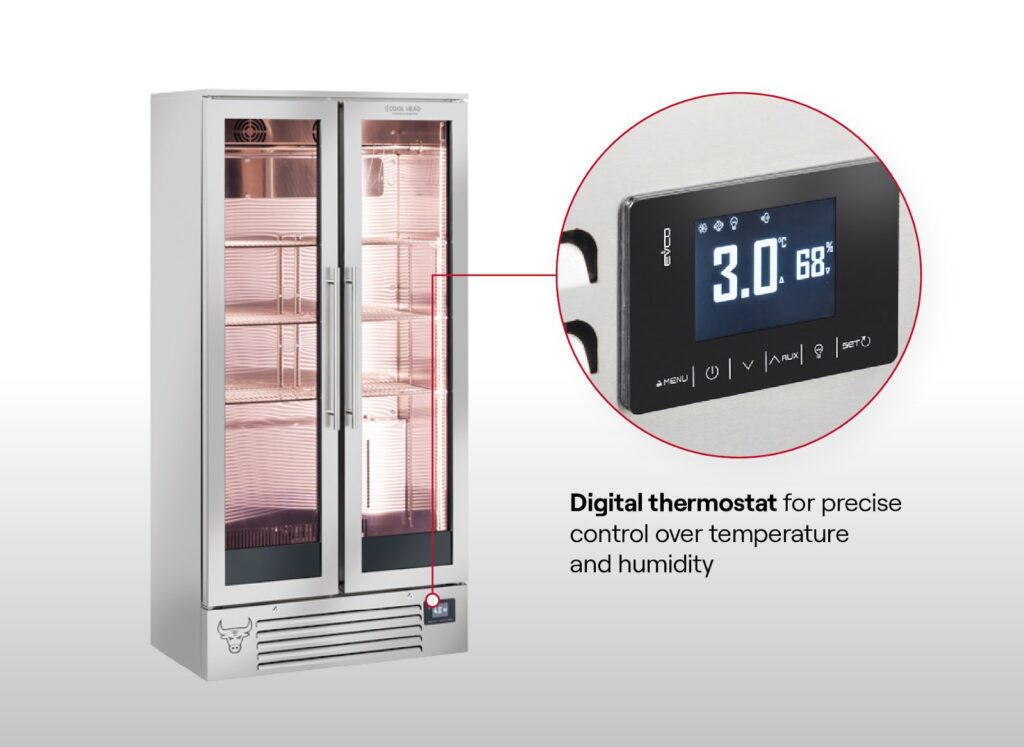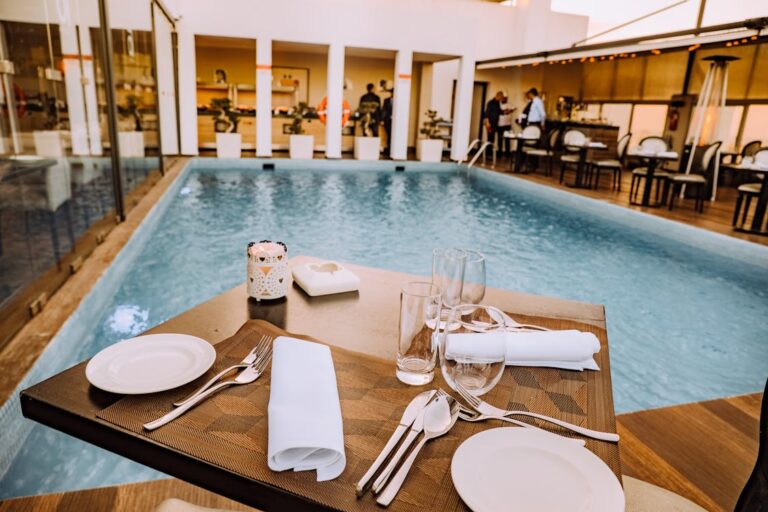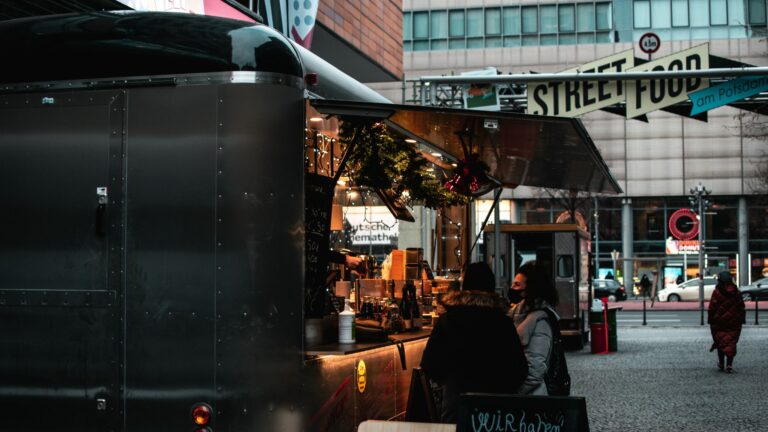Sustainability is no longer optional—it’s a necessity. As diners become more conscious of their environmental impact, restaurants are embracing the zero-waste movement, rethinking how they source, store, and serve food. In this context, from optimised menus to smart refrigeration, the shift towards sustainability is reshaping the industry while driving efficiency and reducing costs through innovative practices.
Redesigning menus for efficiency
Reducing waste starts with reimagining menus. For instance, by designing dishes that share common ingredients, restaurants minimise excess stock and ensure better resource allocation. Seasonal and locally sourced produce not only enhance flavour but also reduce transport emissions. Moreover, chefs adopt nose-to-tail and root-to-stem cooking techniques, making the most of every ingredient while cutting down on waste.

Technology and data for resource management
Innovative technology is transforming how restaurants manage inventory. Specifically, AI-powered analytics predict demand with greater accuracy, preventing overordering and spoilage. Automated tracking systems monitor stock levels in real time, alerting staff before ingredients expire. Additionally, by integrating digital waste tracking, restaurants gain insights into consumption patterns, allowing them to refine purchasing strategies and improve efficiency.
These tools are increasingly accessible—not only for large restaurant groups, but also for smaller, independent food establishments. Many are already adopting digital systems to monitor waste, repurpose surplus ingredients, and lower their overall environmental footprint. This shows that technology can support zero-waste efforts across the entire sector, regardless of size or scale.

Sustainability in purchasing and storage
The focus on sustainability goes beyond ingredients—storage and supply practices are just as critical. Many restaurants are now implementing first-in, first-out (FIFO) inventory systems and training staff to reduce spoilage through better stock rotation. Some are even repurposing underused cold storage space to create in-house preservation stations—like fermenting or pickling—to extend shelf life and reduce organic waste. Additionally, optimising storage layout and using energy-efficient systems help reduce overall energy consumption.
By adopting these practical strategies, food establishments can significantly cut waste while improving day-to-day operations. It’s a reminder that sustainability isn’t always about big investments—often, it’s small process changes that deliver the most lasting results.










